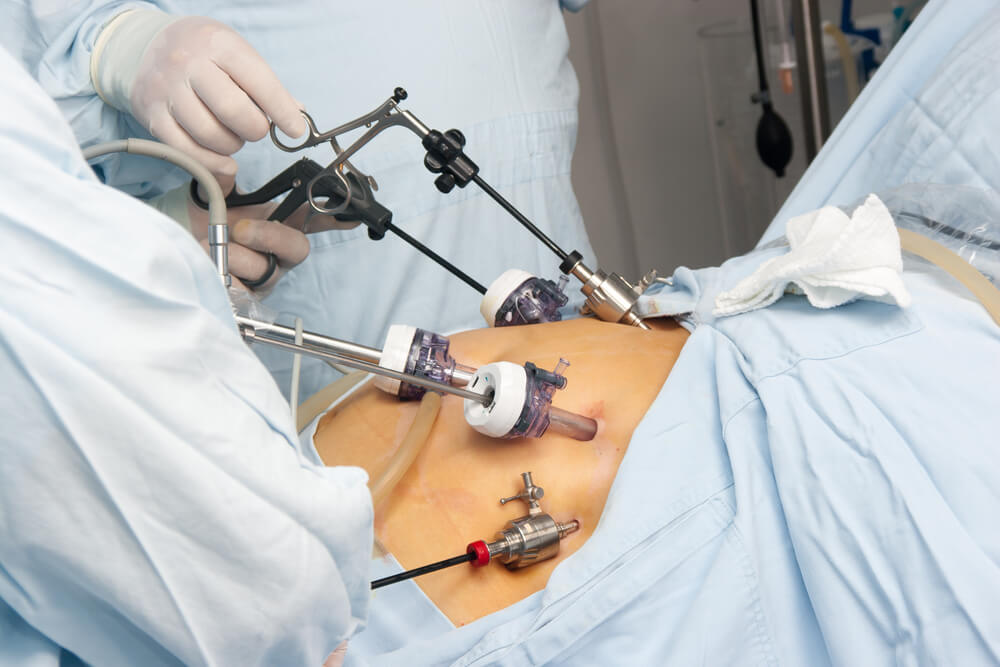Gastric bypass surgery is a procedure adjusting how your stomach and small intestine treat the food you eat. This is how gastric bypass surgery lets you lose weight.
Your stomach would be smaller following the surgery. With even fewer calories, you can already feel full. The food you consume will no longer go into any food-absorbing areas of the stomach and small intestine. Your body will only get partial calories from the food you consume because of this procedure.
Steps
The two steps of gastric bypass surgery are:
- The first step will make your stomach smaller.
To separate the stomach into a small upper section and a larger lower section, the surgeon uses staples. The top part (called the pouch) of your stomach is where the food you consume will go. The segment is about the size of a walnut. It only holds roughly 1 ounce (oz) or 28 grams (g) of food. You can then eat less and lose weight because of this.
- Then comes the second step, the actual bypass.
A small portion of your small intestine (the jejunum) is attached to a small opening in your pouch by your surgeon. Now the food you consume will pass through this new opening and into the small intestine from the pouch. Your body will then consume fewer calories as a result.


